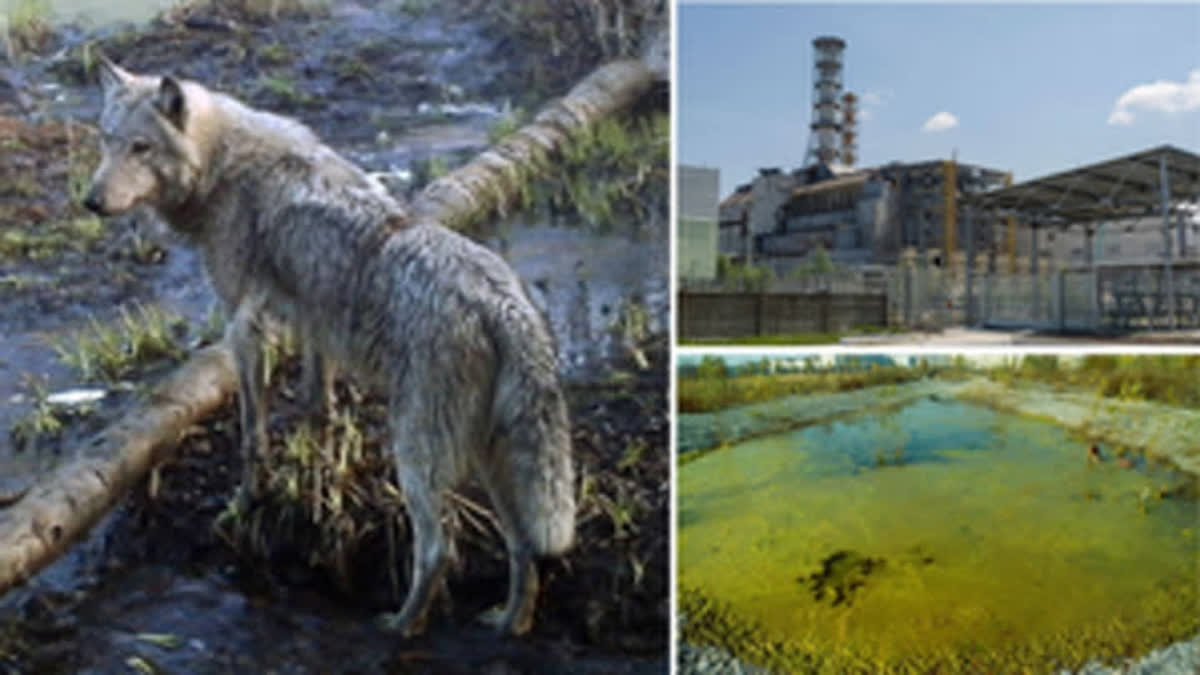New York:Mutant wolves around Chernobyl, where the world’s worst nuclear accident took place 35 years ago, has now developed anti-cancer abilities, an advance that may open door for cure against the deadly disease, according to a study. In 1986, a nuclear reactor at the Chernobyl power plant exploded, releasing cancer-causing radiation and irradiated debris into the environment.
The Chernobyl Exclusion Zone (CEZ), a 1,000 square mile zone surrounding area, cordoned off to prevent further exposure to radiation, has been recolonised by wildlife like horses, wolves, forests, and fungi. Now, researchers at the Princeton University in the US are studying how the wolves of Chernobyl survive and thrive despite generations of exposure and the accumulation of radioactive particles in their bodies.The team led by Cara Love, an evolutionary biologist and ecotoxicologist in Shane Campbell-Staton’s lab at Princeton in 2014 went to the CEZ, radio-collared wolves, and took blood to understand the wolves’ responses to cancer-causing radiation.
Using these specialty GPS collars armed with radiation dosimeters, “we get real time measurements of where they are and how much (radiation) they are exposed to,” said Love.They discovered that Chernobyl wolves were exposed to upwards of 11.28 millirem of radiation everyday for their entire lives, over six times the legal safety limit for the average human worker.
